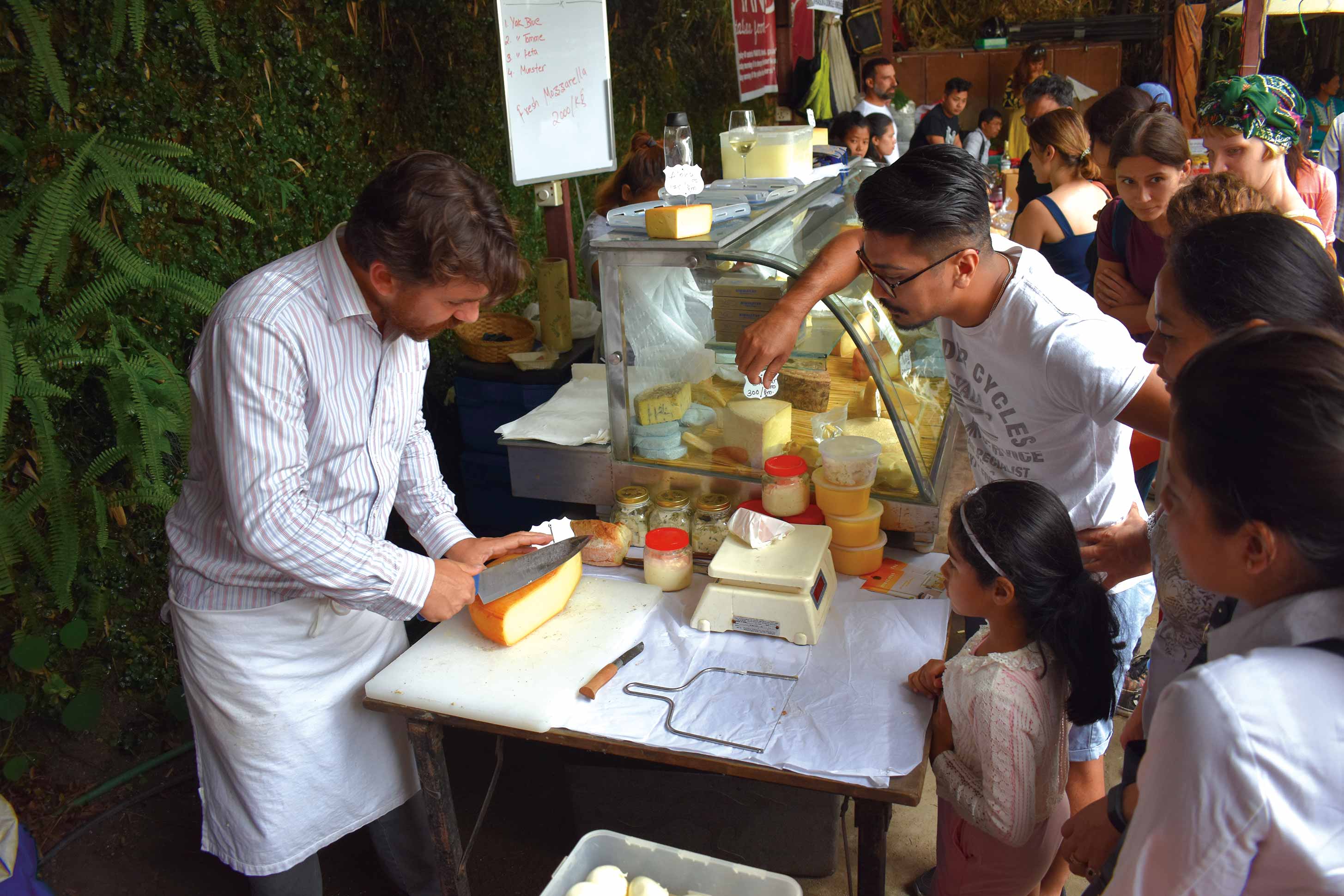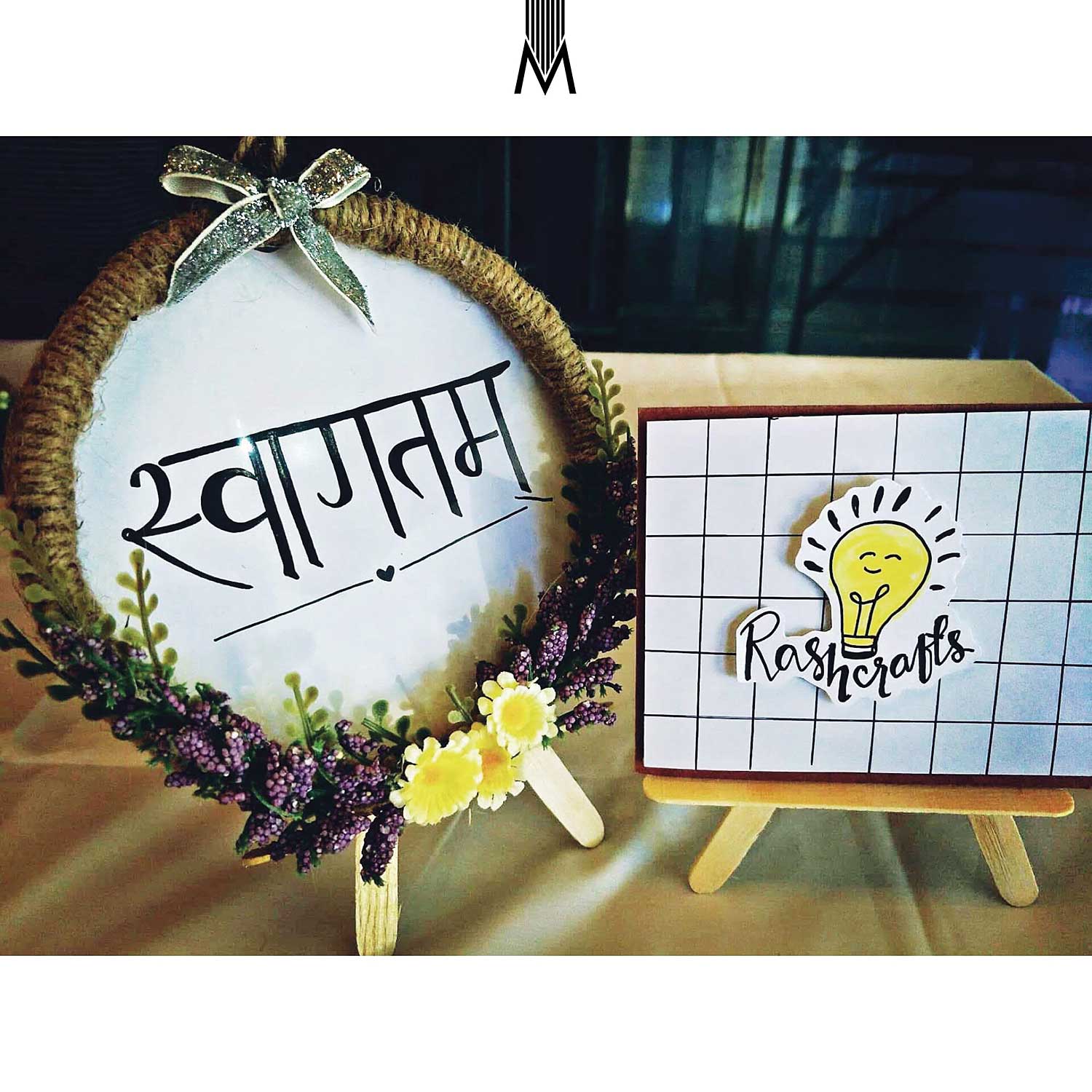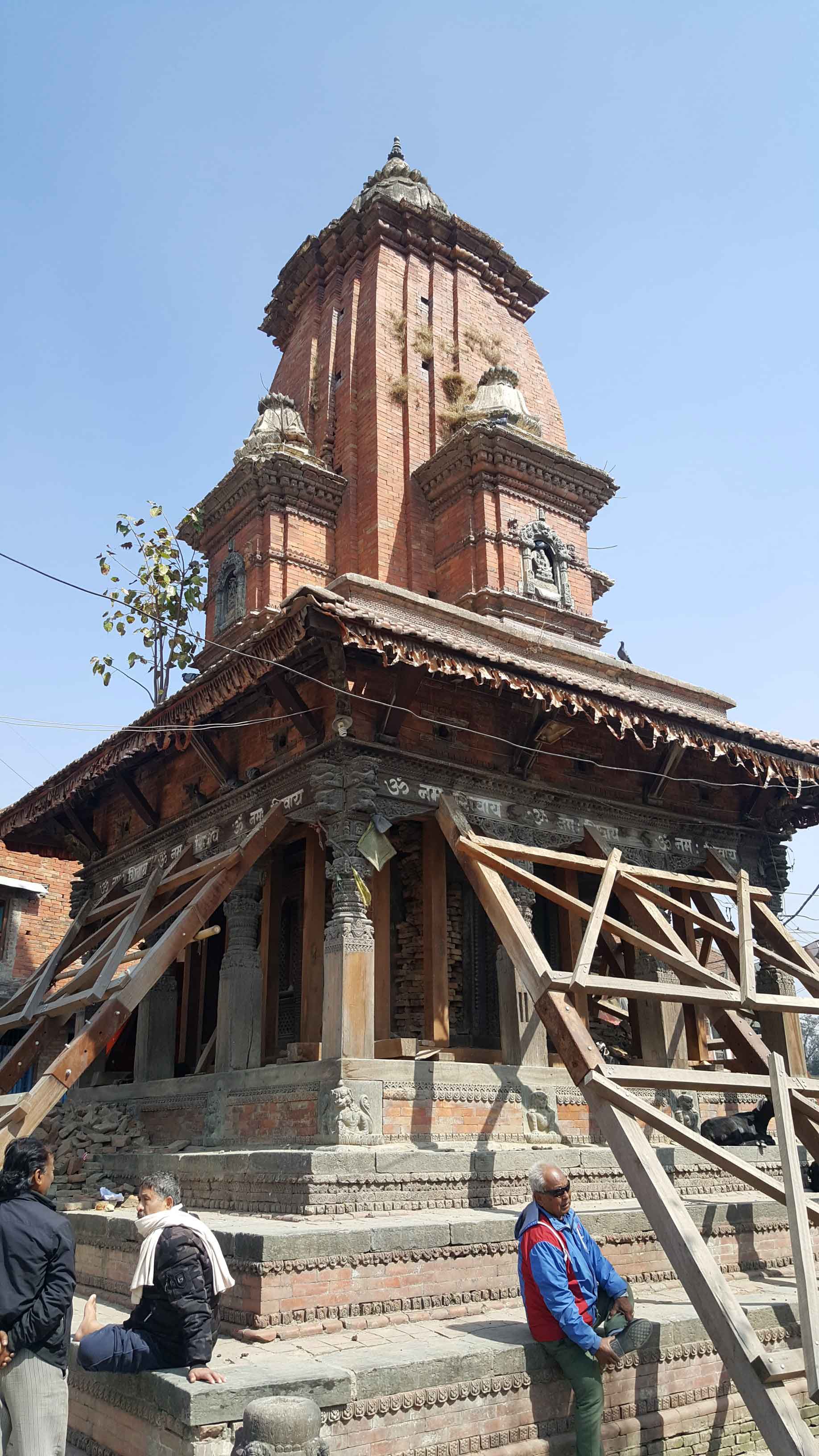Many people have a worsening teeth condition with no long term future and don’t
know what is going to happen when they ultimately loose their teeth. One of the oldest and most widely used technique to replace a missing teeth is a removable set of dentures. Though not a most comfortable options, it has been around for a long time. Here are few issues related to it.
What are Dentures?
A denture is an appliance that replaces teeth. It may be replacing all the teeth (full denture) or some of them (partial denture), and you remove it for cleaning.
What steps are involved in getting a denture?
Before any denture treatment is undertaken, it is recommended that you have a thorough dental check-up. If you are having full dentures, it will involve an examination of the mouth and an assessment of the health of the gums.
If you are having a partial denture, this check-up will include a full examination of your teeth, gums and other soft tissues of your mouth. At this check-up radiographs may be taken to ensure the teeth are healthy, and strong enough to help support a denture. Remember, the only oral practitioner who has the training and is legally able to undertake such a thorough check-up is your local dentist. You then have impressions, bite records, trial wax insertions and then the final insertion and instructions.
How are dentures made?
Many removable dentures rely on some of your remaining natural teeth to help keep them in. Your natural teeth were never designed to help support a denture. In most cases, some minor modification of your natural teeth would be desirable to improve the wearability and life of your denture. Your dentist has the required training to be able to modify your teeth to ensure the highest quality removable denture is constructed around your natural teeth.
How long will I have to go without any teeth?
Some removable dentures are made to be inserted immediately after the
removal of a tooth or some teeth. These types of removable dentures are commonly termed ‘immediate dentures’. They can be constructed to replace only one tooth or many teeth. Your local dentist can undertake all the required stages involved in immediate dentures. This will mean that one person will oversee the whole treatment, assuring you of the highest possible standards.
How often should I have my denture checked?
If you currently wear removable dentures of any kind, it is advisable that you have these checked regularly. It is recommended if you have any remaining natural teeth you should have these and your dentures reviewed every six months or as directed by your dentist. If you have no natural teeth and wear removable full dentures, your dentures should be reviewed at least every two years.
Why does my denture need to be relined?
The rapid shrinkage of bone following extractions means the denture will soon need to have the fitting surface relined once that shrinkage has slowed down enough. After a reline, patients report a much better fit. This relining maybe done between three and six months after an immediate denture has been fitted. Your dentist will advise you when an immediate denture is ready to be relined. Relining involves an additional fee, but this is going to be less cosstly than a new set of dentures and it is often very much appreciated.
All dentures lose their fit through natural changes in your mouth. Chewing gum, biting your nails or grinding your teeth can accelerate this. You should see your dentist yearly for a denture check, when refitting or relining may be necessary. For example, many patients report that their full dentures are loose after a period of rapid weight loss.
These days the conventional dentures are made to better comfort with the help of a implant. It is known as implant supported dentures. They can also be made with flexible new material known as valplast. However one thing you should know is that no matter how much money you spend it can never be as good as the god given healthy natural teeth.
Advanced Dental Care
Lazimpath, Kathmandu (opp. palace)
Tel: 443.3800, Email: dentistnepal@yahoo.com

Where Many Paths Intertwine
It was spring, and the weather was rosy and lovely. A sparrow gently flew in and perched itself...










